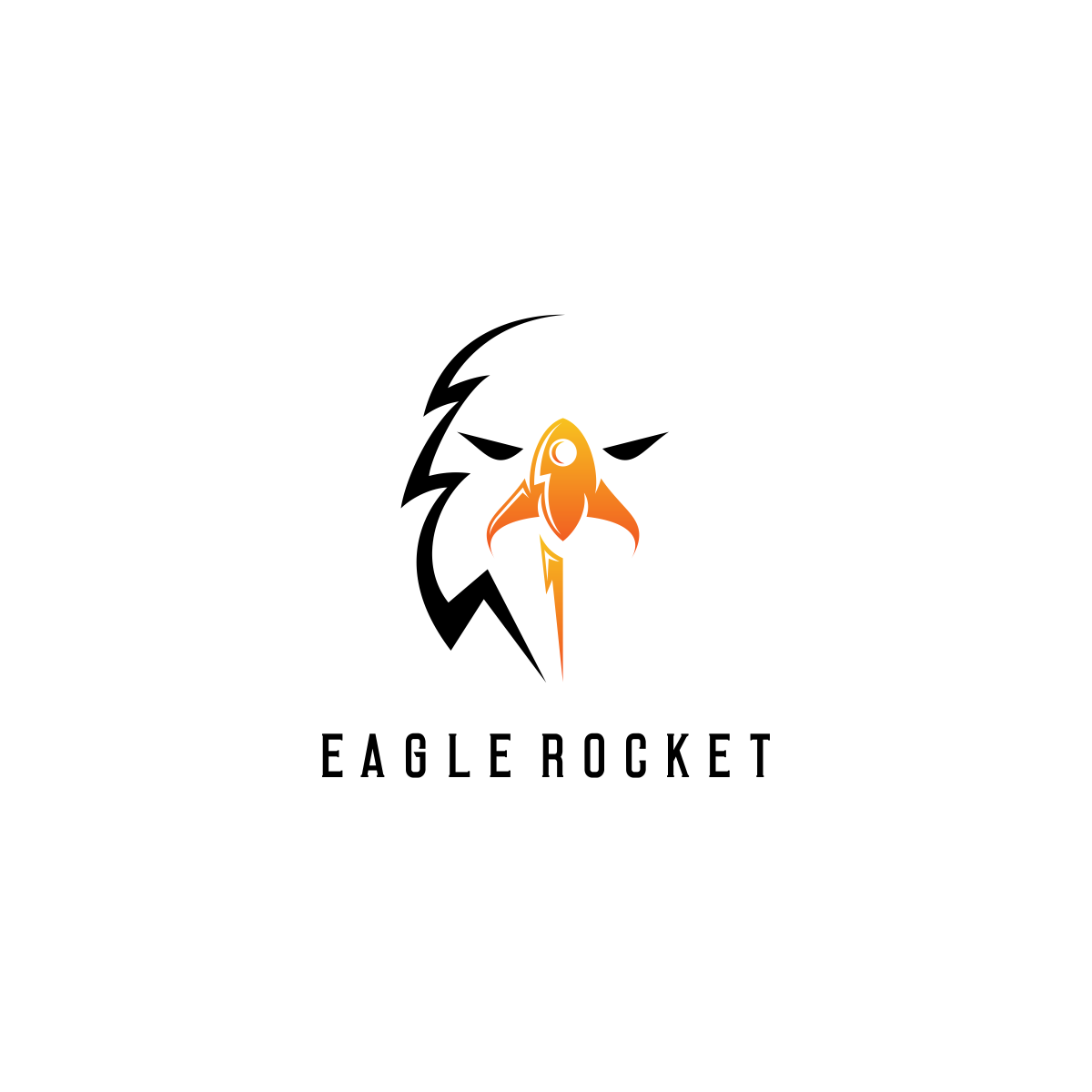As we look towards 2025, the landscape of recruitment in Paris is undergoing rapid transformation. The vibrant city known for its culture, fashion, and innovation is experiencing a notable shift in talent acquisition strategies. With changing economic conditions, evolving workforce needs, and technological advancements, organizations are embracing new paradigms to attract and retain top talent. From a nuanced understanding of skills-based hiring to leveraging technology for efficiency, the trends emerging in Paris are reflective of broader global shifts. This exploration offers insights into how businesses can adapt their recruiting approaches to align with these trends, ensuring that they not only meet but exceed the expectations of a dynamic job market.
Navigating the Changing Landscape of Recruitment
At the forefront of recruitment trends in Paris for 2025 is the urgent need to rethink traditional hiring practices. As organizations grapple with talent shortages and increased competition, a shift towards a ‘buy, then build’ talent strategy is becoming evident. This approach acknowledges that many candidates may not possess all the requisite skills from the outset, prompting companies to invest in training and development alongside hiring. This trend is particularly pronounced in fields experiencing labor shortages, such as healthcare, civil engineering, and technology.

In light of this, here are key elements shaping the recruitment landscape:
- Emphasizing skill development: Organizations are recognizing the value of bringing in candidates with transferable skills, who can be trained to fit specific roles.
- Collaboration with Learning & Development (L&D): Partnerships between HR and L&D are crucial for fostering an adaptable workforce, creating pathways for internal skill enhancement.
- Focus on inclusivity: Companies are also trying to broaden their candidate pool by actively seeking diverse talent and emphasizing potential over experience.
Reshaping Early Career Programs for Better Returns
Another significant trend is the reevaluation of early career recruitment programs. With substantial investments being made in programs designed to attract interns and recent graduates, many organizations are witnessing a low conversion rate into permanent roles. This has led to a strategic pivot towards more targeted approaches, ensuring that investments yield satisfactory returns.
To optimize early career recruitment, organizations are focusing on the following strategies:
- Refining target segments: By identifying specific industries and roles where talent gaps exist, companies can enhance their outreach to relevant candidates.
- Continuous evaluation: Regularly assessing program effectiveness helps organizations refine strategies, ensuring that they are not merely adhering to tradition but rather striving for impactful outcomes.
- Building a strong talent pipeline: Organizations are aiming to create stronger connections with educational institutions, ensuring a consistent flow of qualified candidates.
Implementing Segmented Service Models
As recruitment budgets tighten, Parisian recruiters are adopting segmented service models to balance efficiency with agility. According to recent insights, approximately 73% of HR leaders report stagnant or diminishing budgets for 2025. In response, organizations are segmenting their recruitment efforts to allocate resources where they are most needed.
| Recruitment Segment | Service Level | Focus Areas |
|---|---|---|
| High-Volume Roles | Basic | Efficiency in filling roles |
| Specialized Positions | Premium | Branding and sourcing support |
| Transactional Tasks | Operational | Automating admin functions |
This targeted approach aids organizations in streamlining processes while ensuring that high-impact roles receive the attention they require. By centralizing operational tasks, recruitment staff can dedicate more time to strategic initiatives that add value to the organization.
Addressing Candidate Fraud in Recruitment
With the surge in technology usage, candidate fraud has become an emerging concern. Research indicates that up to 7% of candidates may admit to engaging in interview fraud. This alarming statistic underscores the importance of vigilance and innovative measures within recruitment processes.
In 2025, organizations must prioritize the following:
- Collaboration with IT: By collaborating with IT departments, recruiting teams can identify vulnerabilities in hiring practices and mitigate risks.
- Enhanced training: Equipping recruiters to recognize and combat interview fraud will bolster the integrity of hiring processes.
- Stronger safeguards: Implementing technology for background checks and verification processes can further protect organizations.
Leveraging AI and Change Management in Recruitment
Artificial Intelligence (AI) continues to revolutionize recruitment, offering tools that can simplify administrative tasks and enhance overall efficiency. However, for many recruiters, the adoption of these technologies remains incomplete. In this context, successful recruitment strategies hinge on effective change management.
- Engaging teams: Companies need to involve their teams in discussions about how AI can reshape their roles, fostering a collaborative atmosphere around technological advancements.
- Structured training programs: Providing comprehensive training for recruiters on how to utilize AI can bridge the gap between technology and human touch in recruitment.
- Ongoing feedback: Utilizing feedback sessions can help identify concerns and enhance the adoption of AI tools across recruitment processes.
Redefining Entry-Level Roles in Recruitment
The evolution of entry-level recruitment positions is reshaping the recruitment landscape. As operational tasks become increasingly automated, organizations are tasked with finding and nurturing talent that can grow within the industry. In 2025, this trend is leading to a more diverse pipeline of recruiters.
key measures include:
- Cross-functional experience: By allowing entry-level staff to work across various roles, organizations can build a well-rounded recruitment team.
- Career progression pathways: It’s vital to outline clear career paths within the organization, preventing attrition and promoting retention.
- Training for skills-based hiring: Organizations must equip recruiting teams to understand skills assessment and validation for diverse candidates.
Quality of Hire: A Focus on Metrics
The pressure on recruitment teams to deliver quality hires has intensified as business transformations proliferate. Despite this, a staggering 72% of organizations do not actively measure the quality of their hires. In 2025, recruiters need to advocate for the development of frameworks that guarantee effectiveness in attracting high-quality talent.
Establishing Quality of Hire Metrics
A comprehensive framework to measure the success of hires can involve several dimensions:
- Ramp-Up Time: Measure how quickly new employees reach optimal productivity levels.
- Skills Alignment: Assess whether new hires demonstrate the skills that align with organizational goals.
- Feedback Aggregation: Use input from various sources, not just hiring managers, to gauge the quality of hires accurately.
This analytical approach helps organizations substantiate their recruitment efficacy and highlights the strategic importance of the HR function within business operations.
Closing Insights on Recruitment Trends in Paris
As Paris continues to evolve, recruitment leaders must adapt their strategies to align with the changing landscape while leveraging tools and technologies to streamline processes. The focus must remain on quality hires while efficiently navigating challenges such as candidate fraud and budget constraints. By embedding skills-based practices within hiring strategies and emphasizing inclusive hiring, organizations can lay the groundwork for a successful recruitment future. Staying attuned to these trends will empower businesses to approach the challenges of 2025 with resilience and innovation.

